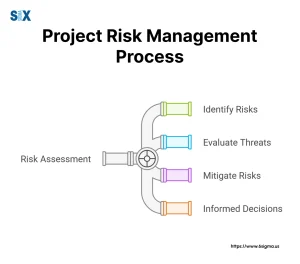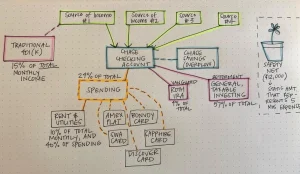Budgeting and financial planning will help you to make sure you get the most out of your money. Whether you are buying a new car, investing in your child’s college education, or saving for a family vacation, a budget can help you to stay on track. When you set a financial goal, you are much more likely to stick to it. It is also important to set realistic goals. If you are spending more than you are making, it is time to reevaluate your finances.
Set realistic financial goals
Setting realistic financial goals with budgeting and financial planning can help you improve your finances. You can set goals for your money, such as paying off debt, or you can save for major purchases, such as a house. However, you need to know what you want before you can set a goal.
The first step in setting realistic financial goals is to define what you want. You need to create a list of goals that are important to you. For example, if your goal is to build an emergency fund, you should determine how much you can save each month. Having an emergency fund is important in the event that your income is interrupted for any reason.
Once you have an emergency fund, you can start saving for other financial goals. If you want to buy a house, you should begin saving now. Another financial goal you can set is to pay off your credit card debt. Paying off debt helps you to avoid interest payments.
Rethink your spending habits
If you’re struggling to make ends meet, you should consider rethinking your spending habits and financial planning. Life isn’t completely predictable, but you can plan for the future by setting some goals and sticking to them.
A budget will help you stay on top of your expenses, and it can also make your spending more controlled. It may seem like your monthly bills are unavoidable, but they can be reduced or eliminated altogether. For example, if you spend a lot on takeout food, you might be able to cut back on your diet. You could also set aside a few days each month for a no-spend day. This can give you the time and space you need to think about what you need, and what you want.
Tracking your spending can help you find out where you are spending your hard earned money. By doing so, you’ll be able to figure out where you might be overspending.
Ensure you’re not spending more than you’re making
If you’re in the market for a new car or have recently been stung by a credit card bill, you are probably wondering how to cut expenses and save money. The good news is that there are many free and low cost tools available to help you achieve financial freedom. For example, the free Expense Tracker website allows you to enter in your expenses, print out a yearly budget and track your spending. With a little effort, you can easily achieve the financial goals of your dreams. And, best of all, you will be happy you did!
Using an online tool such as the free Expense Tracker will ensure that you don’t spend more than you earn. It also allows you to keep track of your bills and due dates – a must if you’re the type who doesn’t like missing a payment.
Avoid overextending yourself
Budgeting and financial planning can help you stay on track and avoid overextending yourself financially. This will also help you to avoid overextending yourself emotionally. Overextending yourself can cause a burnout, and it can be taxing on your health. The best way to avoid this is to set up a budget and stick to it. If you find that you are taking on too much, try saying “no room in my budget.” You’ll feel more engaged in your self-care practices and you’ll be able to spend your time and energy on more important things.
If you have debt, you may need to adjust your spending habits and start making better payments to eliminate it. A study by Interac found that staying within your budget is not an impossible task.







